Department - Units
ICT
The Information and Communication Technology (ICT) department is responsible for managing an organization's technology infrastructure, guaranteeing efficient and secure operations, and enabling the use of technology to support organization’s goals. The functions of an ICT department are as follows:
1. Infrastructure Management
Maintain the organization's network infrastructure, including LAN, WAN, and internet access.
- Hardware Management entails acquiring, deploying, and managing actual hardware such as servers, computers, printers, and other devices.
- Software management entails installing, updating, and managing software applications to ensure they satisfy the organization's requirements.
- Oversee the organization's voice and video communication systems, which include VoIP, teleconferencing, and videoconferencing tools.
2. Website and Email Administration
- Maintain and Update the Ministry’s Official Website
- Manage the operations of Emails for staff.
3. Technical assistance and troubleshooting
- Help Desk Services: Assist staff with any technical concerns, such as hardware breakdowns, software problems, or network connectivity issues.
- User Training: guide staff how to effectively use technology, including as software programs and cybersecurity best practices.
4. Database Management, Backup and Recovery
- Management of Electronic Content Management System
- Implement and maintain databases that store organizational data, ensuring data integrity and accessibility.
- Develop and manage data backup strategies to prevent data loss and facilitate recovery in case of system failures or disasters.
- Support data analysis initiatives to enable informed decision-making across the organization.
5. Project and Vendor Management
- Manage IT projects, including system upgrades, software implementations, and infrastructure expansions.
- Work with external vendors and service providers to acquire and sustain technology solutions and services.
6. Strategic Planning
- Create and implement a technology strategy that matches with organisational aims and objectives.
- Stay current on developing technologies and trends, and recommend new tools or processes that may help the organisation.
- Manage the ICT budget to ensure that resources are used efficiently.
7. Compliance and Audit
- Implement ICT rules and procedures that regulate the usage of technology within the organisation.
- Conduct frequent audits of IT systems and procedures to verify they meet the necessary standards and compliance.

